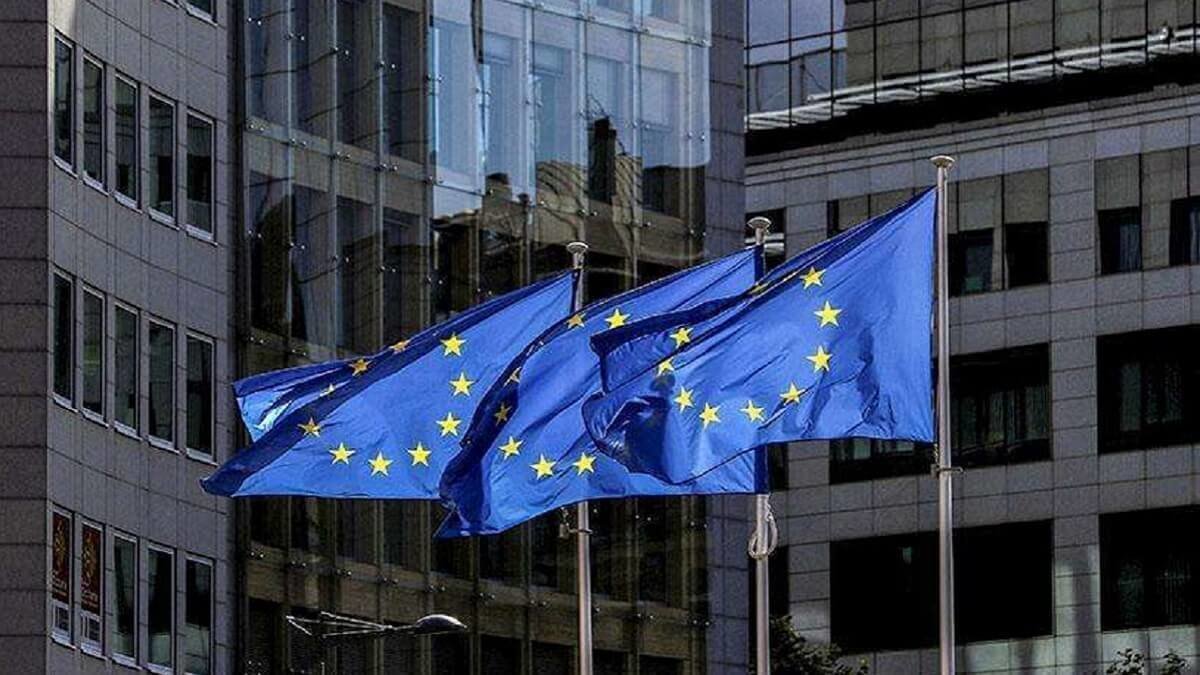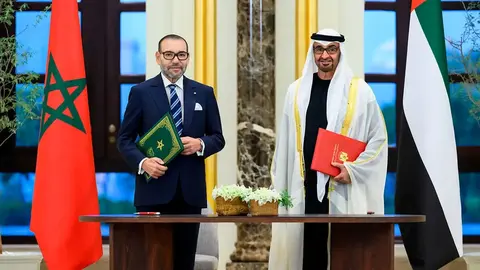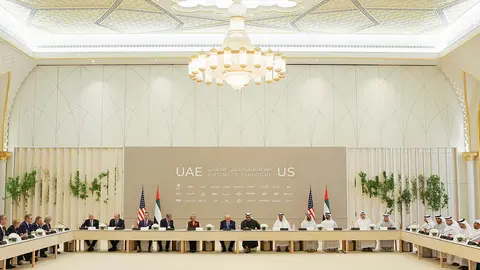Emirates and the EU strengthen their economic ties

The United Arab Emirates and the European Union (EU) have explored new ways to increase their economic cooperation thanks to the latest contacts held in Brussels, led by Thani bin Ahmed Al-Zeyoudi, UAE Minister of Foreign Trade, and Maroš Šefčovič, EU Commissioner for Trade.
The aim of both parties is to further develop trade and investment relations, focusing on key strategic sectors.
During the summit in Brussels, both sides discussed the latest progress in negotiations towards a Comprehensive Economic Partnership Agreement (CEPA), following the first round of discussions held in late June and early July.
In this regard, it is hoped that the proposed Comprehensive Economic Partnership Agreement will serve to strengthen trade and investment links, giving prominence to the private sector and promoting economic growth for both partners.
Following the talks, Thani bin Ahmed Al-Zeyoudi and Maroš Šefčovič expressed optimism about the progress made and the potential benefits of the agreements reached, as reported by the official Emirati news agency WAM. The Emirati Minister of Foreign Trade indicated that ongoing dialogue with the European Union is essential to adapt to the changing global trade landscape, highlighting that the EU is a valuable trade and investment partner for the Emirates, a country interested in further developing strategic sectors that are key to the future, such as renewable energy and innovative technologies.

The Emirati minister stressed the importance of developing new economic and trade links by focusing on booming sectors such as those related to energy transition, advanced technology and food security, in addition to renewable energy. This ties in with the Emirati government's plan to diversify its economy so as not to depend exclusively on hydrocarbons, the main source of national financing, by investing significant economic resources in the development of other sectors with the collaboration of other countries with more experience in these new areas of development, such as tourism, sports, infrastructure of all kinds, new technologies, etc. This economic planning path has been followed by other Gulf nations such as Saudi Arabia.
The United Arab Emirates delegation that visited Brussels included Mohammed Al-Sahlawi, Ambassador of the United Arab Emirates to the Kingdom of Belgium, the European Union and the Grand Duchy of Luxembourg, and Juma Mohammed Al-Kait, Deputy Undersecretary of the Ministry of Foreign Trade.
This cooperation is quite promising, as the Emirates and the EU intend to strengthen their already solid economic ties. It should be noted that in 2024, non-oil trade between the two countries reached 67 billion dollars, representing an increase of 2.4% over the previous year, and that the EU remained the United Arab Emirates' second most important trading partner worldwide, accounting for 8.3% of its total non-oil trade.
It is worth noting that the UAE continues to expand its network of trade and investment partners around the world through its Comprehensive Economic Partnership Agreements programme, which are an important tool for promoting the growth of non-oil foreign trade.
For the UAE, strengthening ties with a partner such as the European Union is very important because it is another way to access more market opportunities, promoting economic development in a sustainable manner, especially if, as is the case, the focus is on sectors such as renewable energy and innovative technologies, moving away from sectors and industries more closely linked to environmental degradation, such as hydrocarbons. This strategy is undoubtedly geared towards an economic trend that is more focused on the future and less anchored in the past.










